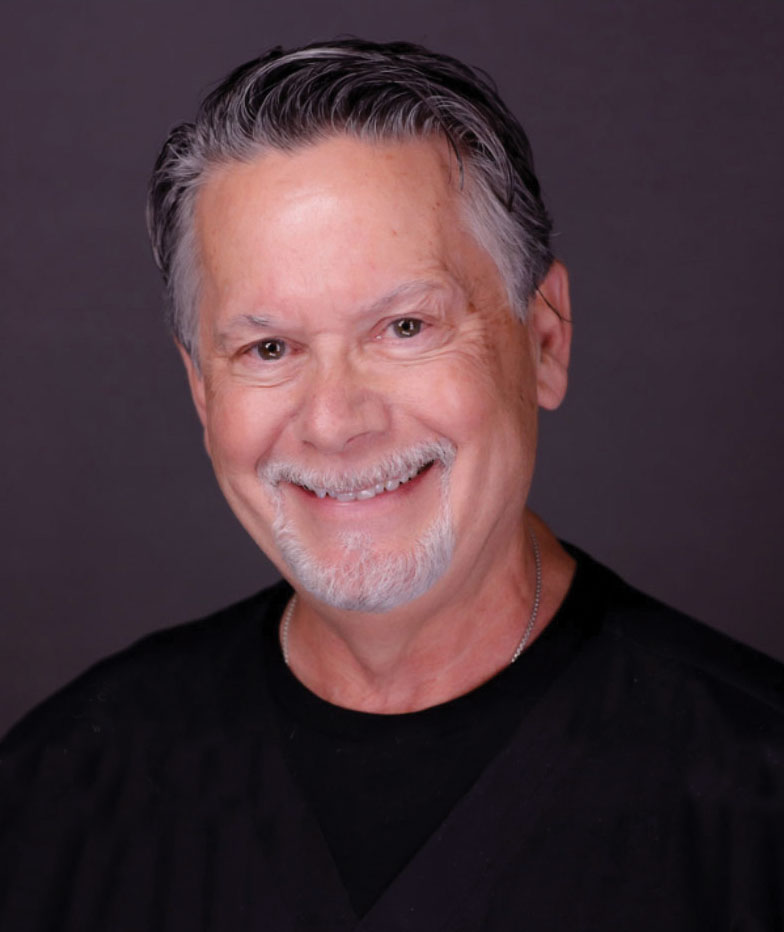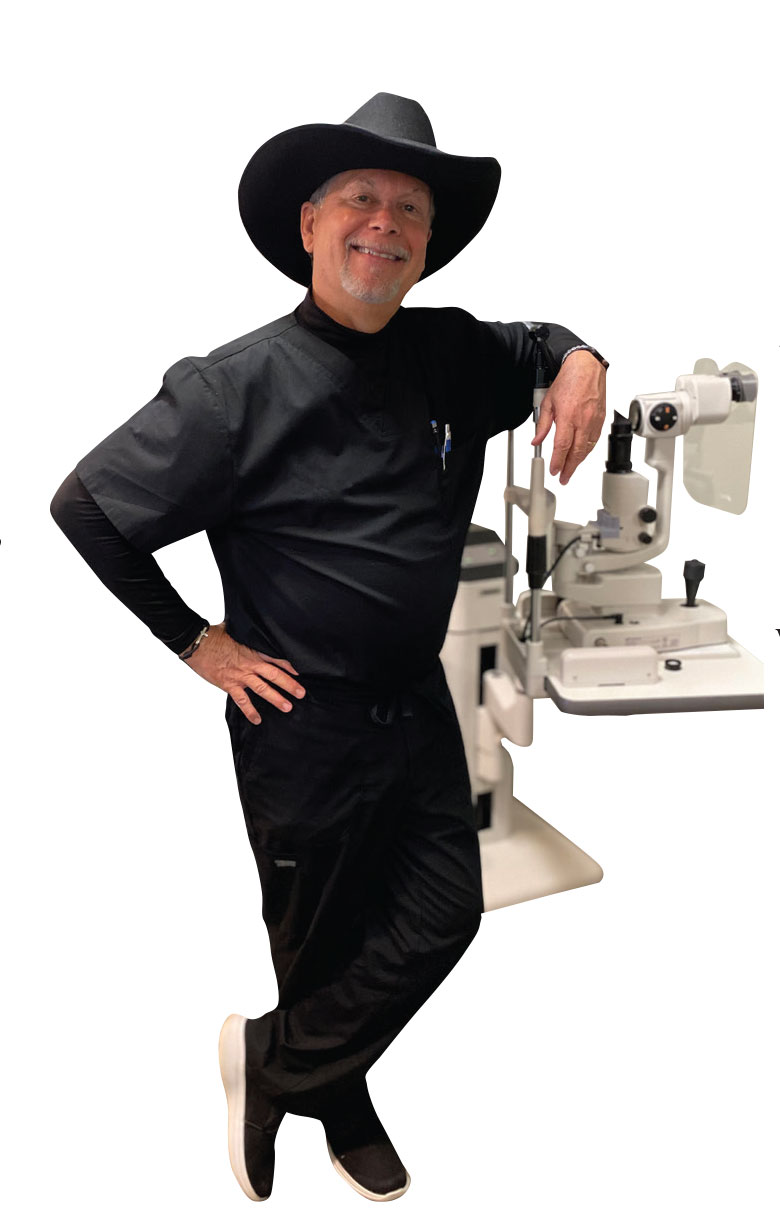 |
"Ain’t no cure for the summertime blues.” These timely lyrics were written and performed by the great Eddie Cochran in 1958. I was five years old. The song was subsequently recorded and performed by the Beach Boys, Blue Cheer, the Who, T. Rex, Rush, Brian Setzer, Jimi Hendrix and, one of my favorites, Alan Jackson. I’m sure many more have played this song to appreciative audiences all over the world. I wouldn’t even be shocked if the Beatles ran it by the folks in Hamburg, Germany, pre-Ringo Starr.
But not every musician performed “Summertime Blues.” It wasn’t on any of the Three Tenors albums, although I suspect they would have killed it.
Oh, I forgot. This is an optometry column. Well, the point is this: just because a rock star (or doctor) who you respect does something that seems awesome, that does not mean you have to do it, too. You have to be you. When I was in school, the esteemed Dr. Burt Hooten made this point when he said the following cringeworthy statement: “Your patients will be like you. If you’re fat and ugly, your patients will be fat and ugly, too.”
This explains why all my patients are crusty old goats. Enough about that though, more about how I got to this point in the first place.
Low vision is very important and can definitely add a wonderful and necessary service to your practice plus a new (and mostly non-insurance) profit stream. I tried it. I have tried everything. I was not good at it. Therefore, it did not really benefit my patients or my practice. Selling and installing new nose pads for $1.00 worked better for me.
Same for vision therapy: you have to love it or you won’t do it well. Me? Also not my forte. I am more than happy to send these cases to doctors who actually know what they are doing and will help my patients. You never lose patients when you do something that will help them.
 |
Okay, that’s not 100% true; sometimes, the patient has 20/20 eyes and a 20/200 attitude.
What have you tried because you saw another doctor do it? Was it a new vision plan? I wasn’t any good at that either. Was it working Saturdays? A total bust for me. Was it a senior citizen discount? We did that and called it Medicare.
Now don’t get too scared to try new things. That’s not what I meant by my earlier remarks. I have always been proactive with newer technologies, lens designs and surgeries such as LASIK. My colleagues thought I must be nuts for bringing up LASIK before we had anyone nearby in West Virginia performing it. My theory was I wanted my patients to hear about these advances from me, their trusted eye doctor, not from their hairdresser or cousin Larry, who still thinks he made a good decision to have a radial keratotomy back in the day. You know Larry, right? His right cornea is shaped like the Matterhorn. His left? A pristine +7.00 -5.00x132 and he says he’s as happy as a clam. Thank goodness for radial keratotomies, right Larry? Sure is better than when you were -2.00 OU.
The lesson: even though you are indeed the best resource about new technologies for your patients, you don’t have to recommend every single new thing. A plumber is paid to plumb. You are paid to think.
I know a very successful doctor who bought every single new instrument that he could possibly afford. He always wanted to be the first to have everything. I know this for a fact because I filled in for him a couple of times. These game-changing new instruments filled every nook and cranny of his office, and you could write your name with your finger in the dust that covered them. Maybe you should decide how each new fancy instrument would benefit, first, the patient and, second, your practice? Guess he never considered that, but, who knows, they could’ve all been good tax deductions.
I love to learn new stuff from folks I respect. But that doesn’t mean I have to follow them blindly over a cliff. Okay, I did drink the Kool-Aid a couple of times, though.
Dr. Vickers received his optometry degree from the Pennsylvania College of Optometry in 1979 and was clinical director at Vision Associates in St. Albans, WV, for 36 years. He is now in private practice in Dallas, where he continues to practice full-scope optometry. He has no financial interests to disclose.

